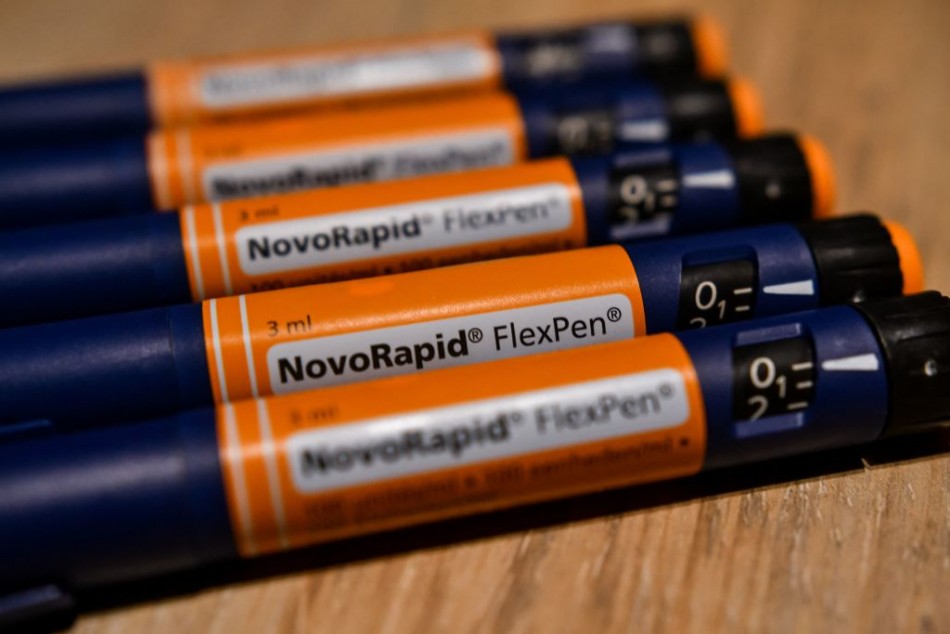Nearly 1 in 5 American Adults Continue to Ration Insulin as Costs Stay High in the United States

Research published on Monday, October 17, suggests that insulin costs remain a barrier for many American adults with diabetes who depend on the medication for treatment.
A study conducted in the Annals of Internal Medicine found that nearly 1 in 5 adults in the United States with diabetes either skipped, delayed, or used less insulin than was needed to save money back in 2021. That comes to roughly 1.3 million adult Americans, or 16.5 percent of those who require insulin.
Data were gathered via the 2021 National Health Interview Survey. It is a survey conducted annually by the Centers for Disease Control and Prevention (CDC) and interviews tens of thousands of Americans about their health-related experiences.
Universal access to insulin is urgently needed in the U.S.
It was the first time the federal agency had included questions about insulin use, though concerns about sky-high prices of the medication have been reported for years.
Dr. Adam Gaffney, the study's lead author and a critical care physician at the Cambridge Health Alliance in Massachusetts, said that he has cared for patients in the ICU who have life-threatening complications of diabetes because they could not afford this life-saving medication. He added that universal access to insulin, without cost barriers, is urgently needed.
The Inflation Reduction Act, signed into law by President Joe Biden in August, will cap the monthly cost of insulin at $35 for seniors on Medicare starting on January 1. The bill, however, will leave out those uninsured and millions of Americans with private health insurance.
According to the new study, those two groups reported the highest rates of insulin rationing in the U.S. Meanwhile, people with public health coverage, such as Medicare and Medicaid, had the lowest rates of insulin rationing.
Read Also: Missing Georgia Toddler Likely Dead and His Mother Is the Prime Suspect, Authorities Say
Insulin rationing more common among Black Americans
According to the research, insulin rationing was found to be more common among Black Americans, at 23.2 percent, compared to white and Hispanic Americans, at 16 percent.
Insulin rationing was also found to be more common among people with type 1 diabetes, at 18.6 percent, compared to those with type 2 diabetes, at 15.8 percent. Gaffney said that the finding was particularly alarming because those with type 1 diabetes who don't take their insulin as prescribed can suffer from multiple long-term health issues, including diabetic coma or even death.
Gaffney told NBC News the problem is simply that the list price of insulin in the U.S. is too high. He added that they have allowed pharmaceutical companies to set the agenda, which is coming at the cost of their patients.
Eric Tichy said that a handful of drugmakers (Eli Lilly, Novo Nordisk and Sanofi) are able to keep prices high because they have no generic competition.
Related Article: Tragedy in Georgia as Teen Football Star Is Shot Dead While on a Date With His Girlfriend
© 2024 ParentHerald.com All rights reserved. Do not reproduce without permission.
